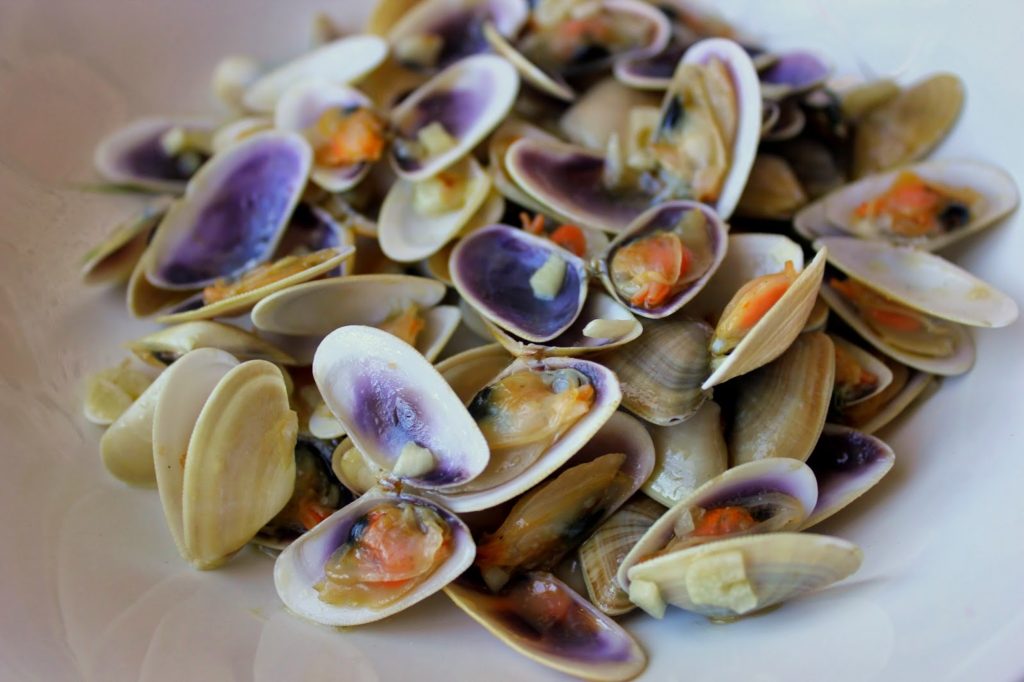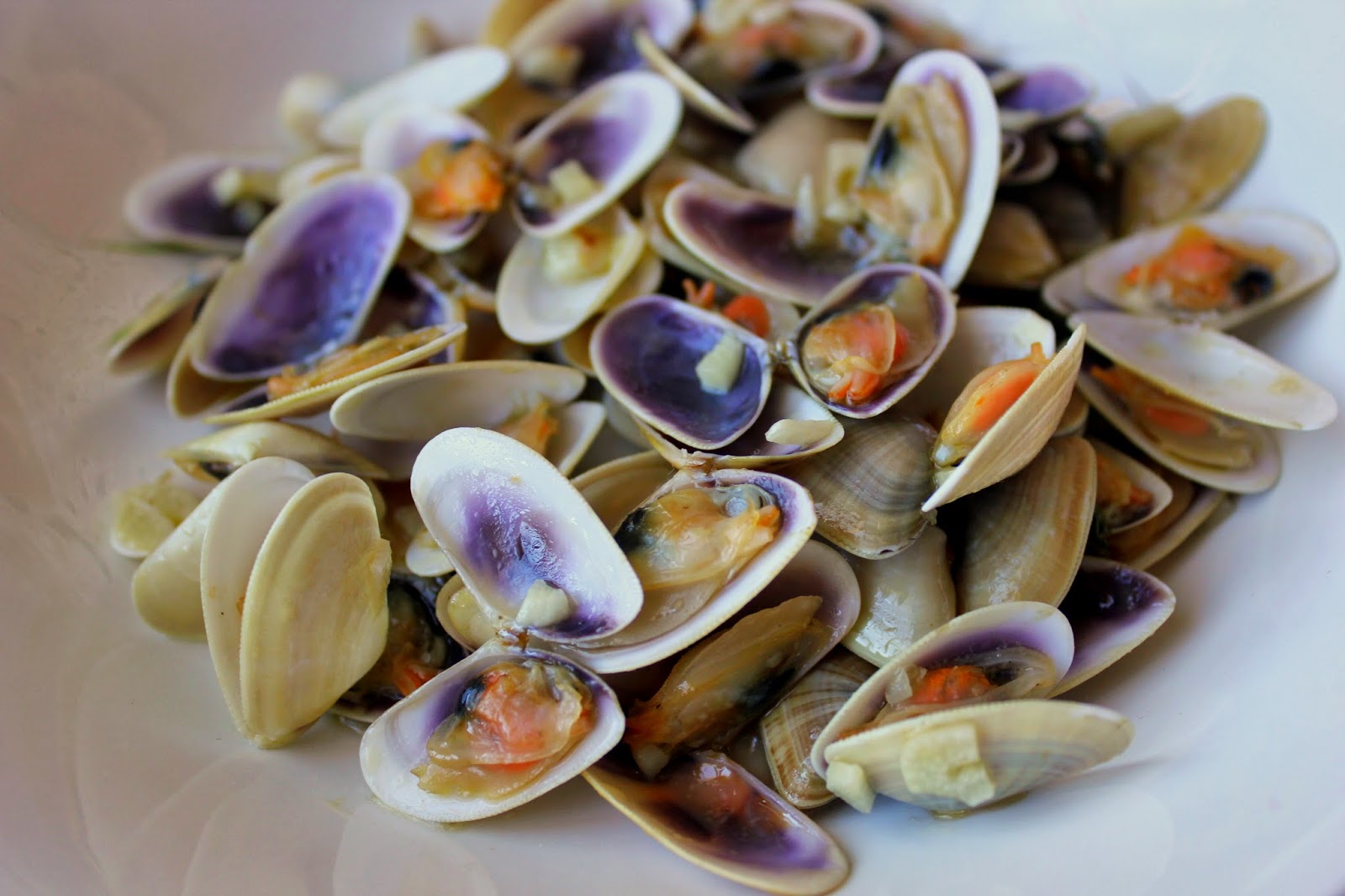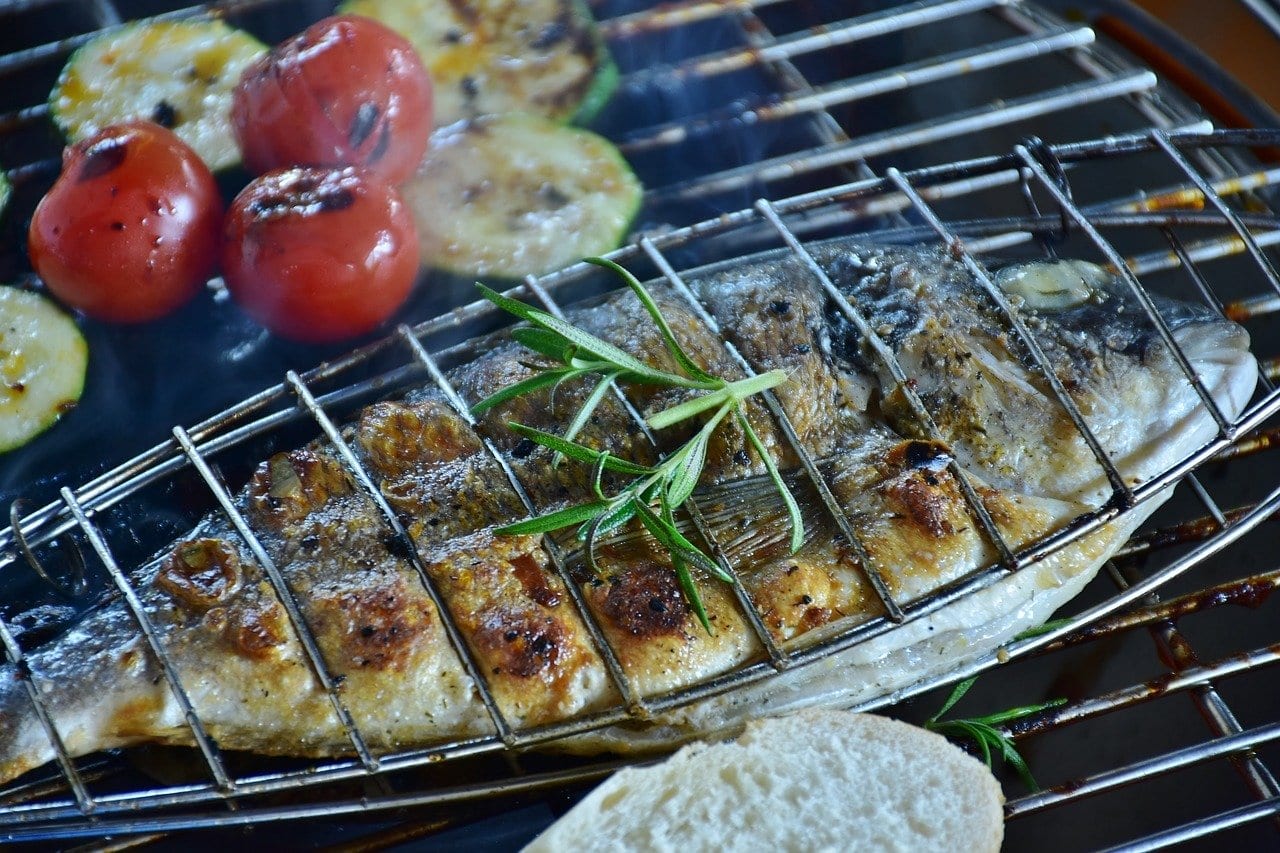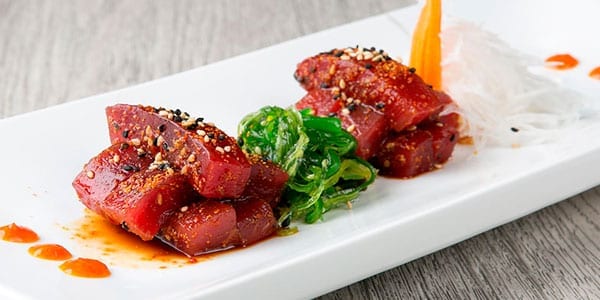In the waters that bathe the Gulf of Cádiz these live bivalve mollusks that are at risk from the capture sneaky and illegal. The coquinas of Huelva They are an autochthonous delicacy of this Andalusian marine area between the two provinces that are dedicated to their collection and purification in a professional way. But these shellfish men want to keep fighting for the award Designation of Origin to the rising product of the Huelva-Cadiz sea. Here we tell you everything about this kind of so exclusive seafood and how it is slaughtered to achieve it.
What are the coquinas?
Although you can confuse them with typical clams found anywhere on the Spanish coast, the rascals they have their differential characteristics. They are a bivalve mollusk also known as 'tellina, pechina or tellerina', depending on the area where it is captured. In general, it inhabits mud flats, river mouths and brackish spaces. However, even in the beach sand itself, buried under the sand when stranded, it can be collected, even though it is not fit for consumption. His life really unfolds 15 depth meters under the sea, where it feeds on plankton that filters from the water.

The two mainland regions where they live, mainly, are Galicia (Pindo, Lira, Aguiño, Valdoviño, O Barqueiro) and the coast that links Huelva with Cadiz. In terms of appearance, their shells are thin, oval and smooth in texture. The coquinas can measure up to 5 centimeters long. Although there are up to five types of them, the most popular on the market is the truncated.
This is how the coquinas of Huelva are collected
The seafood or cooks are in charge of directly collecting the coquinas of Huelva from the salty waters. On foot and dressed in a kind of harness attached to a trail that acts as trawl net, if compared to fishing for fish in the high seas, little by little they are collecting this mollusk. After having collected a good bag of the product, all the coquinas are filtered so that they only remain the biggest and the little ones are returned to the sea. The shaking process at the collection site helps avoid waste. The delicacy is then brought to a center for selection, purification and packaging in meshes that are marketed by the kilo.
This work that has been passed from generation to generation among shellfish families has some 300 professionals. They are organized in small associations born in the town where they work exclusively collecting coquinas of Huelva. From Ayamonte to the natural setting of Doñana, the trade passes through the beach of Isla Canela, Mazagón, the marshes of Isla Cristina and the coast of Punta Umbría.
But there are also groups of cooks from non-beach areas, such as To the mountain, still in the province of Huelva. Then, the Sevillian towns of Pilas and Villamanrique de la Condesa also have their association, which joins that of Sanlucar de Barrameda, already in Cádiz.
Three threats to a depleted sector
That natural maritime landscape framed in the Gulf of Cádiz is unique for obtaining and marketing a native product but that suffers three threats. The first has to do with the presence of toxins in coquinas of Huelva. On numerous occasions, this has led to a closure of shellfish farming in the area where these toxins have been found. In addition, the Junta de Andalucía had to regulate this work in its day to avoid the overexploitation of the product, so it establishes seasons of Veda every year. Therefore, this mollusk cannot always be caught and the daily maximum is set at 25 kilos.
In 2020, the situation of a sector that is already badly hit by these aforementioned impediments and by the illegal pickup seafood has been further depleted by the Covid-19. This is because the profitability It is something worrying for those who fish day and night capturing this delicacy, which can then be sold at ridiculous prices in the market. A historical request of these professionals is that a country to take less coquina, but better paid.
But that is not all, as they want to guarantee the quality of the product through a Appellation of origin. Una DO that protects it from poaching, in addition to providing value and recognition of the place where it is obtained. With this procedure still pending approval by the Andalusian government, shellfish is still being harvested in Huelva's waters. From the 1 July the season is open for coquinas of Huelva, a singular delicacy.








